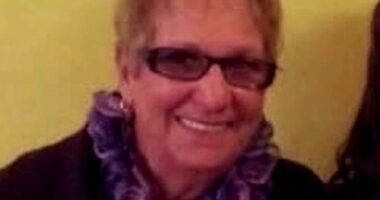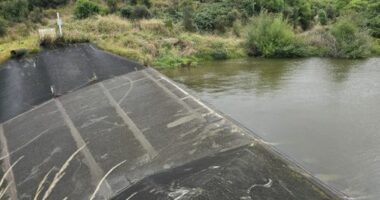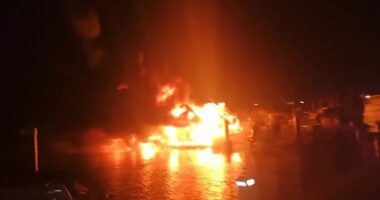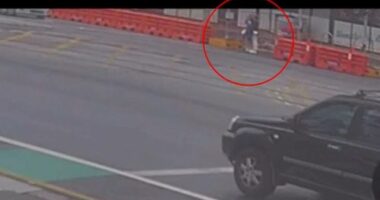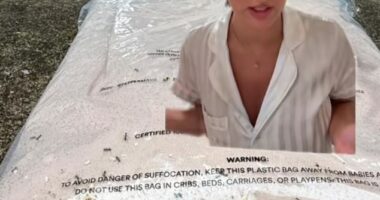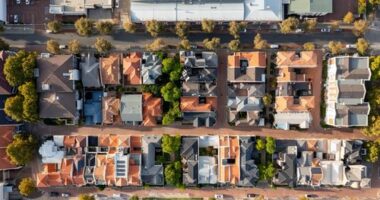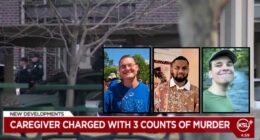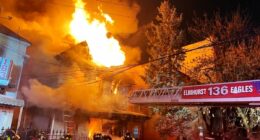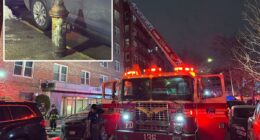Share this @internewscast.com
He also mentioned Israel’s objective to “ensure the area near” their southern Syrian border remains demilitarized.
Israel’s claim that it is striking Syria to protect the Druze is challenged by most who belong to the minority group outside of Israel.
Who are the Druze?
Unlike other Arab Israelis, some Druze serve in Israel’s defence forces.
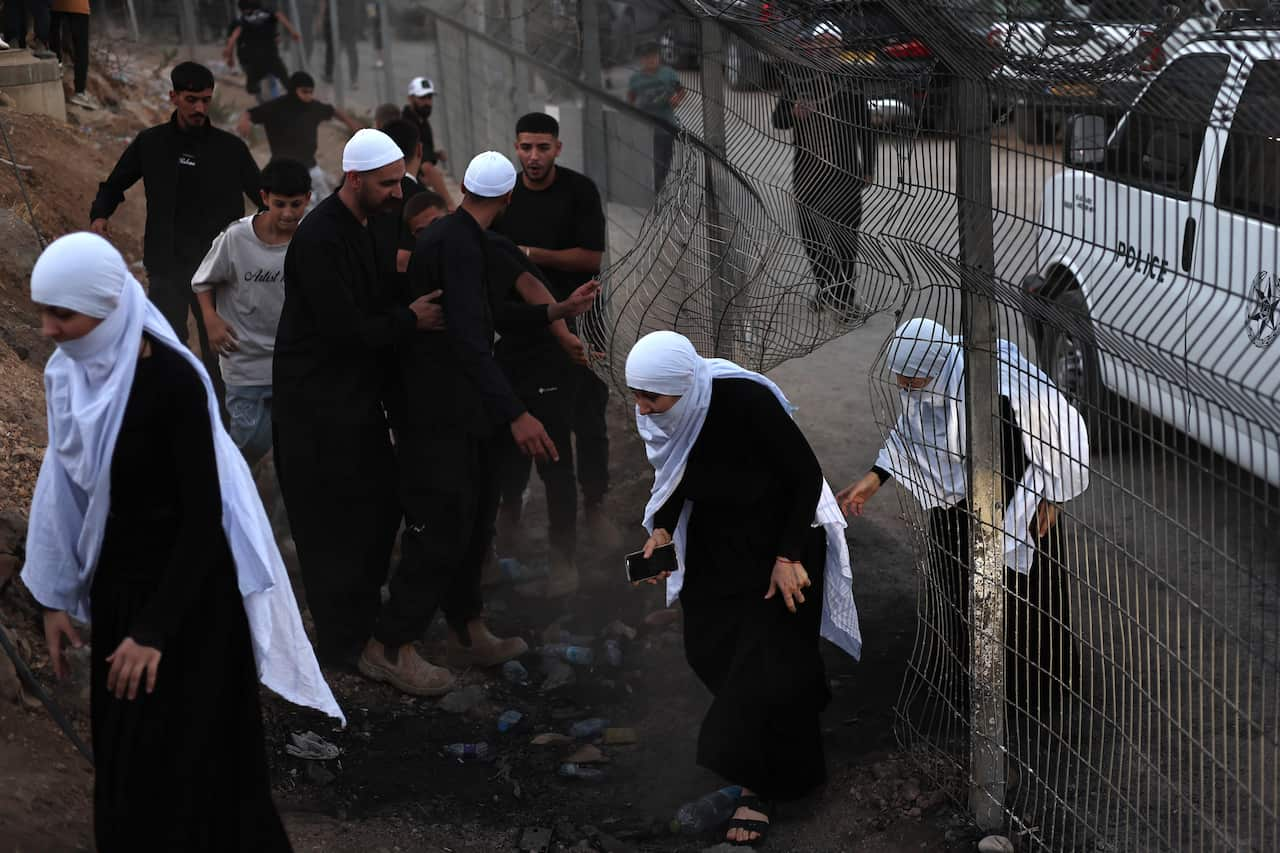
As reported by the Israeli military on Wednesday, hundreds of Druze from the Golan Heights crossed into Syria, responding to calls from their leaders to support their community. Source: EPA / Atef Safadi
Druze men over 18 have reportedly been conscripted into the Israeli military since 1957 and often rise to high-ranking positions, while many serve in the police and security forces.
Nonetheless, most Druze residing in the Golan Heights identify as Syrian, with only about 1,600 accepting the Israeli citizenship offer.
Why does Israel say it’s protecting them?
In response, Israel launched attacks on Syrian government forces moving towards Sweida, saying it was protecting the Druze minority there.
“We are not asking for protection from anyone, and we won’t ask for protection from anyone,” Rabih Munthir, a Druze leader in southern Syria, told The New York Times earlier this year.
